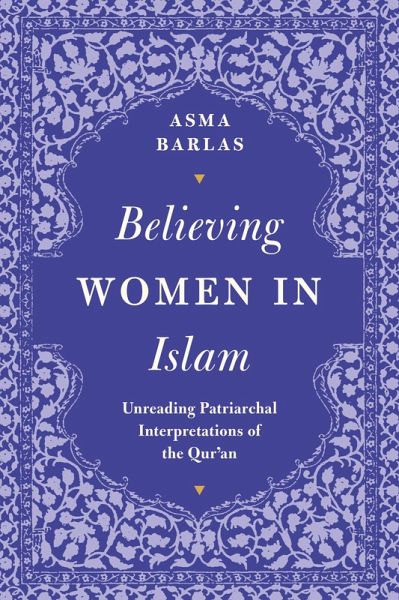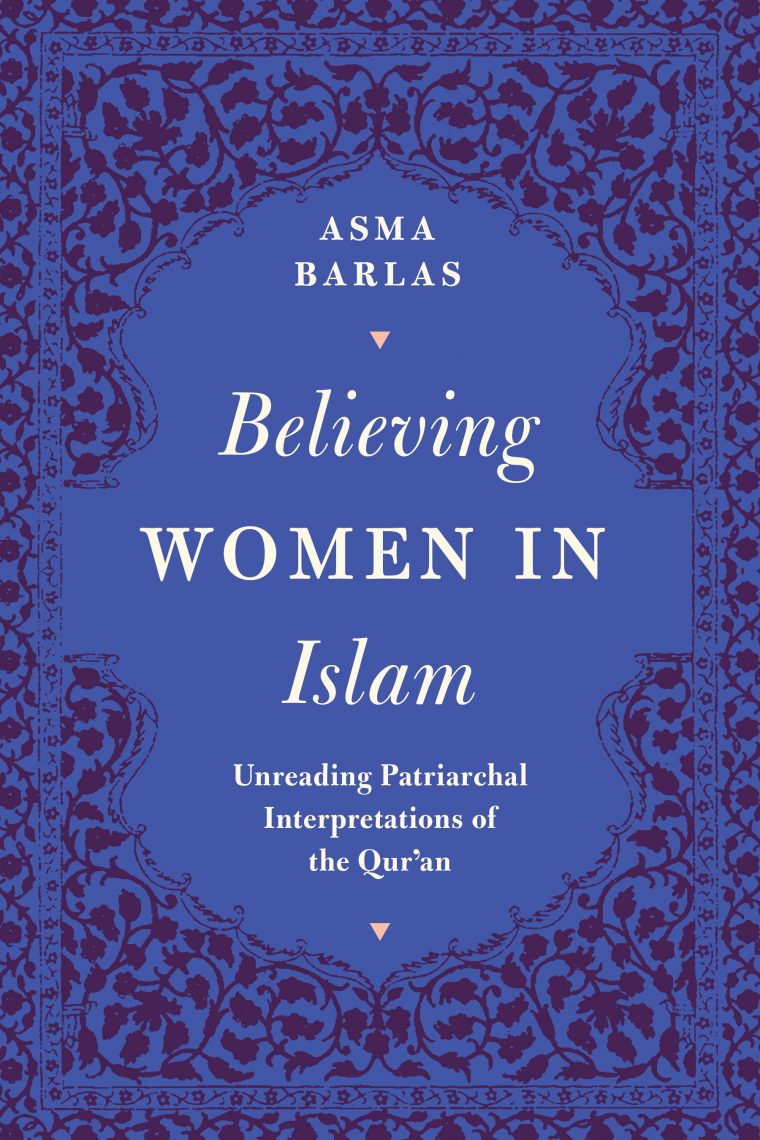

The author did bring up some valuable points about how tafasir and the opinions of early scholars, which were undoubtedly set in the context of patriarchal societies (since most societies are patriarchal), should not necessarily be taken as the end-all, be-all backdrop under which we should understand the Qur'an. I do not believe the author was necessarily saying that ALL of these extra-Qur'anic materials are worthless, but it still seemed contradictory to me. I was also a bit taken aback by the way the author would almost cast aside ahadith, tafasir, and other extra-Qur'anic texts while then evoking "the Tradition" in the next breath when mentioning something such as 'A'isha's (RA) age at marriage. I suppose I cannot blame the author for my not having a background in her specialty, but I felt that the average Muslim would be left scratching their head as much as I was. The author used many terms with a slash right in the middle of them, like "sexual/textual" that confused me a bit. It is certainly an important work, but I felt like I just could not get into some of the language used, first of all. I'll just come right out and say it: I had very mixed feelings about this book.


This new view takes readers into the heart of Islamic teachings on women, gender, and patriarchy, allowing them to understand Islam through its most sacred scripture, rather than through Muslim cultural practices or Western media stereotypes. To the contrary, Barlas convincingly asserts that the Qur'an affirms the complete equality of the sexes, thereby offering an opportunity to theorize radical sexual equality from within the framework of its teachings. She goes on to reread the Qur'an's position on a variety of issues in order to argue that its teachings do not support patriarchy. Taking a wholly different view, Asma Barlas develops a believer's reading of the Qur'an that demonstrates the radically egalitarian and antipatriarchal nature of its teachings.īeginning with a historical analysis of religious authority and knowledge, Barlas shows how Muslims came to read inequality and patriarchy into the Qur'an to justify existing religious and social structures and demonstrates that the patriarchal meanings ascribed to the Qur'an are a function of who has read it, how, and in what contexts. Does Islam call for the oppression of women? Non-Muslims point to the subjugation of women that occurs in many Muslim countries, especially those that claim to be "Islamic," while many Muslims read the Qur'an in ways that seem to justify sexual oppression, inequality, and patriarchy.


 0 kommentar(er)
0 kommentar(er)
